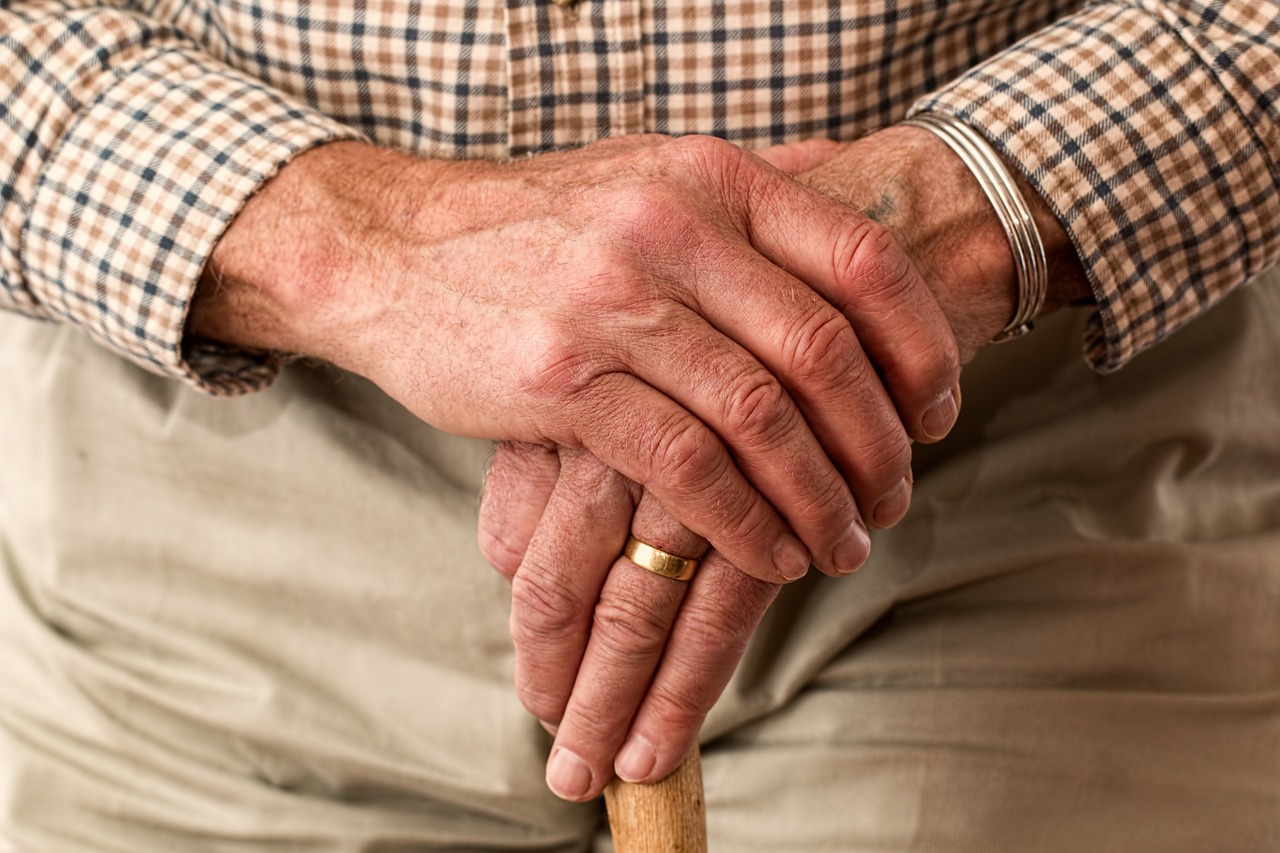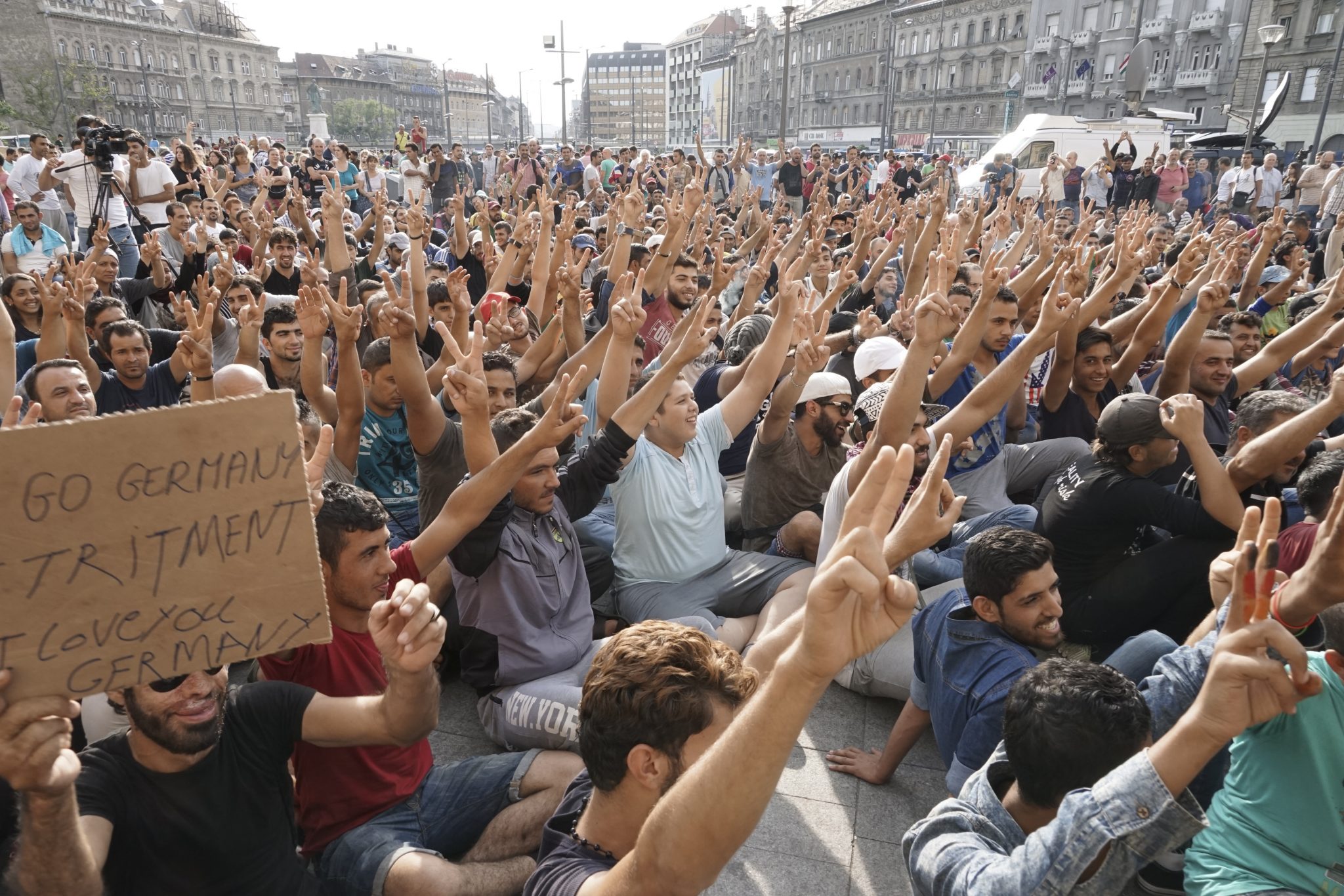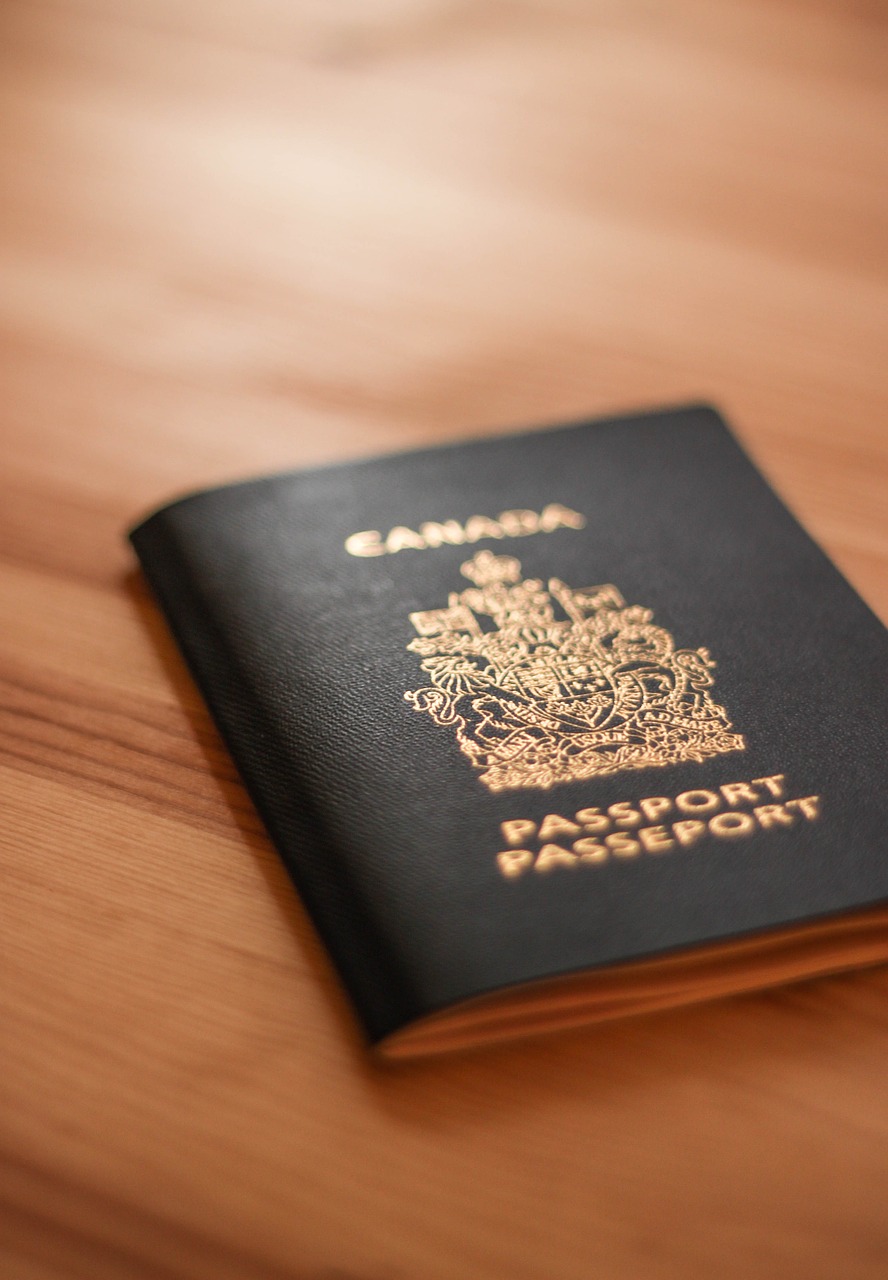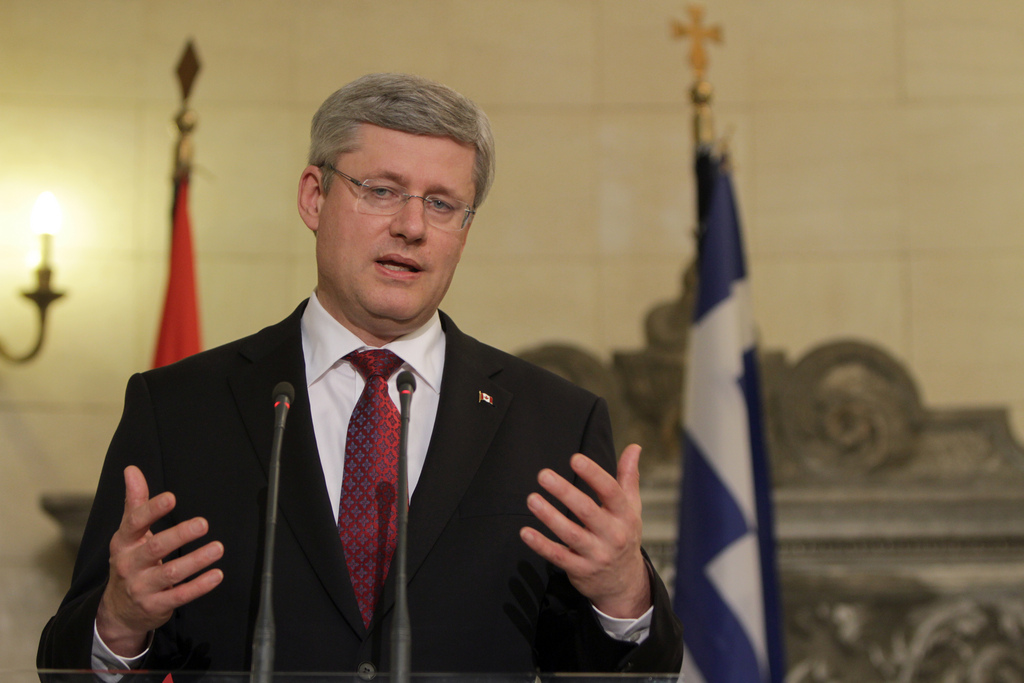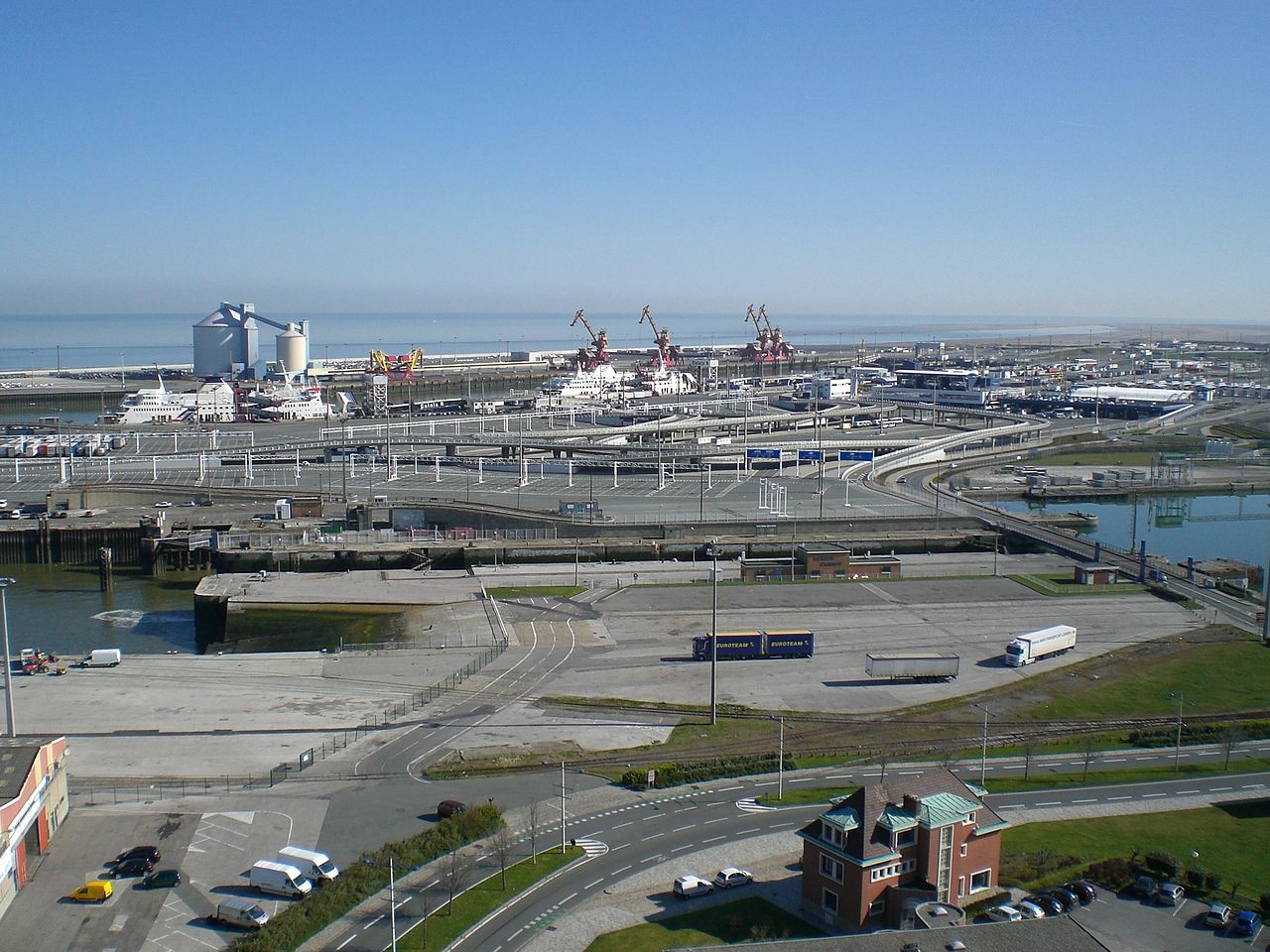Ottawa Immigration Lawyers Discuss Parent and Grandparent Program
Will 2016 Bring Changes to This Competitive Citizenship and Immigration Canada Program?
Citizenship and Immigration Canada’s Parent and Grandparent Program (PGP) allows Canadian citizens and permanent residents to bring their parents and grandparents to Canada. The program awards these parents and grandparents permanent residency in Canada, and the opportunity to apply for Canadian citizenship after four years in Canada provided residency obligations are fulfilled. The program is expected to re-open as of January 2016, though Ottawa immigration lawyers warn this year’s application intake period may be very short.
In recent years, the PGP has proven to be one of the most competitive programs for immigration to Canada. In 2014, the application cap, which was set at 5,000 complete applications, was filled in just three weeks, and when the program re-opened in January 2015, the same cap was reached within just a couple of days. Those who were not able to submit a complete application before the cap was reached had their applications returned, and the program has since been closed.
According to Citizenship and Immigration Canada, the 2016 program will once again re-open in January, and due to the anticipated demand, Ottawa immigration lawyers recommend preparing in advance. Sponsors and their sponsored parties should have their documents ready before the program opens, for quick and efficient submission. This will maximize the chances of successful submission of a complete application before the 2016 program fills, and ultimately the chances of family reunification.
During the recent election campaign, the Liberal Party stated on record that they would either increase or remove the application cap for this program, and that they would assign additional, much-needed resources to help process the overwhelming amount of applications submitted on an annual basis. They didn’t reveal any planned changes to the program criteria, and it remains to be seen whether the application cap will be removed or altered for the 2016 PGP intake. Ottawa immigration lawyers agree this would be a welcome change.
For those who are unsuccessful in their application for the Parent and Grandparent Program, there is also the option of applying for a Super Visa. While this Visa does not result in permanent residence, successful applicants receive multiple-entry visitor Visas that allow parents and grandparents to come to Canada as long-term visitors. Super Visas are valid for up to ten years.
To find out if you and your family members are eligible for the Parent and Grandparent Program, consult the eligibility criteria, or contact an Ottawa immigration lawyer today.
Politics behind the Refugee Crisis and Canadian Immigration
Canadian Refugee Law Office weighs in on Canada’s handling of the refugee crisis.
Earlier September, devastating pictures of the body of a three-year old Syrian refugee washed up on a Turkish beach, made international headlines around the world. Alan Kurdi and his family were on a dangerous journey across the sea in an attempt to make their way to Canada to reunite with his aunt, Tima Kurdi in Vancouver. Tima had been trying desperately to help her relatives resettle in Canada.
Undoubtedly, those dreadful images suddenly changed the focus of the Federal election campaign and it quickly became a topic of heated debate among the parties, with the Liberal party and the NDP demanding the Conservative government to do more.
Once again last week, the Syrian refugee crisis was at the forefront of the election campaign after the Globe and Mail reported that the Prime Minister’s office had directed “Canadian immigration officials to stop processing one of the most vulnerable classes of Syrian refugees this spring and declared that all UN-referred refugees would require approval from the Prime Minister[…]” Stephen Harper later adamantly denied the allegations of having political staff involved in approving refugee applications. However, he did confirm that they had halted the processing of refugee files referred by the UN for several weeks last spring for security reasons, and to ensure “the selection of the most vulnerable people (while) keeping our country safe and secure.” The Conservatives argue that their policy is not discriminatory and is helping to bring in the most vulnerable refugees such as Christians and other religious minorities. But opposition has argued that they are masking their anti-Muslim bias through their unfair policy and pandering to certain minority communities in light of the elections. The war in Syria has ravaged communities from all religious backgrounds including the majority of the country’s Sunni Muslim population and minority groups are not necessarily the most vulnerable. The “UN High Commission for Refugees says its policy is to help the most vulnerable, no matter their religion or ethnic background.” The government’s policy brings the debate back to the problematic interference of the Prime Minister’s office with the refugee selection process which should clearly be left to immigration officials to be completed.
Liberal Party leader Justin Trudeau spoke for many when he described media reports of PMO interference as “disgusting.” And New Democratic Party leader Thomas Mulcair accused Harper of “shaming” the nation.
The United Nations has long complained about the lack of interest in this crisis from the West and Canada has done little to prove it wrong. Mid-way during the campaign, and mostly compelled to do so after the tragic death of Alan Kurdi, the government came up with a plan to resettle 10,000 Syrians by the end of next year. The Liberals and NDP parties have promised to do more (Liberals have pledged to fast-track 25,000 people this year and the NDP has promised to process 10,000 refugees the year’s end).
The war in Syria has had a devastating impact; 250,000 people have been killed and at least four million people have been forced to flee the country with millions being internally displaced in what is being called one of the worst humanitarian crises in recent times. Canada has only resettled about 2,500 Syrian refugees in the last two years, despite having the space and infrastructure to accept more, and the government’s response has been slow and disappointing. Syrian refugees deserve Canada’s attention and interest. They deserve more. What’s left to see is the newly elected Liberal government will lead to a real solution to the refugee crisis.
Sources:
1Joe Friesen, “Prime Minister’s Office ordered halt to refugee processing” (October 8, 2015), The Globe and Mail, online: http://www.theglobeandmail.com/news/national/prime-ministers-office-ordered-halt-to-refugee-processing/article26713562/.
2Lee Berthiaume, “PMO's Syrian refugee audit about more than security” (October 9, 2015), Ottawa Citizen, online: http://ottawacitizen.com/news/politics/pmos-syrian-refugee-audit-about-more-than-security [Hereinafter, Syrian refugee audit].
3Lina Dib, “Targeted for extermination’: Harper says prioritizing Christian and religious minority refugees isn’t discriminatory” (October 10, 2015), Ottawa Citizen, online: http://www.ottawacitizen.com/news/98targeted+extermination+harper+says+prioritizing+christian/11430493/story.html.
4Syrian refugee audit, supra n2
5Michael Petrou, “Which refugees are better than others?” (October 9, 2015), Maclean’s, online: http://www.macleans.ca/news/world/which-refugees-are-better-than-others/.
6The Toronto Star, “Harper shut Canada’s door during Syria’s agony: Editorial” (October 11, 2015), online: http://www.thestar.com/opinion/editorials/2015/10/11/harper-shut-canadas-door-during-syrias-agony-editorial.html.
7Ibid.
8Agence France-Presse, “More than 250,000 people killed in Syria war: monitor” (October 16, 2015), Reliefweb, online: http://reliefweb.int/report/syrian-arab-republic/more-250000-people-killed-syria-war-monitor.
9Andy Blatchford and Stephanie Levitz, “PMO ordered ‘audit’ of Syrian refugees after security warning from U.S.: Harper” (October 7, 2015), Ottawa Citizen, online: http://www.ottawacitizen.com/news/report+intervening+syrian+refugee+processing+proves+harper+lack/11424071/story.html.
Will Trudeau Live up to His Promise Regarding Immigration in Canada?
Immigration Lawyers in Canada Weigh in on Bill C-24
On Monday, October 19, 2015 Canada voted in Liberal leader Justin Trudeau as the country’s new Prime Minister. While Canadians everywhere are still buzzing about the news, the question immigration lawyers in Canada have on their minds is whether Trudeau will live up to the comments he made at the September 28th leaders’ debate on foreign policy and immigration in Canada. During the debate, which quickly got heated, Trudeau argued with Harper about aspects of Bill C-24 — the legislation responsible for changing immigration in Canada.
"A Canadian is a Canadian is a Canadian, and you devalue the citizenship of every Canadian in this place and in this country when you break down and make it conditional for anybody." Said Mr. Trudeau regarding the change to immigration in Canada during the debate. The question immigration lawyers in Canada and the rest of the population want to know now is: will he live up to these words?
Prime Minister Trudeau, who vowed to repeal Bill C-24 if elected, had one qualm in particular — the provision that allows the revocation of citizenship. According the new Act, the government can revoke the citizenship of dual-citizens who have been convicted of high treason, terrorism, engaging in an armed conflict against Canada and other terrorism-related offences, as long as it does not leave the individual stateless (meaning their other citizenship remains intact).
Immigration lawyers in Canada and citizens alike have expressed themselves on the impact of this new legislation for immigration in Canada and the rights of dual citizens. It remains to be seen how quickly the new government will take concrete steps to address the concerns with this legislation, and whether they will repeal it or make necessary amendments to it to ensure the equal and fair treatment of every Canadian citizen. This will also send a signal that Immigration Canada has a heightened awareness of the Canadian Charter of Rights and Freedoms, and in particular section 15 which guarantees every individual the right to equality.
The Un-Canadian Cultural Practices
Canadian Immigration lawyers examine the unconstitutional Zero Tolerance for Barbaric Cultural Practices Act.
Late last Spring, the Conservative government succeeded in passing the Zero Tolerance for Barbaric Cultural Practices Act. The law now protects Canadians from “barbaric cultural practices” such as child, forced, or polygamous marriages and gender-based family violence,1 things that were already in Canada illegal anyway. It provides the minimum age for marriage as 16, limits the use of the criminal defence of provocation, and creates new offences and peace bonds related to forced and underage marriage.2 As for Canadian immigration, the Act creates a new provision in the Immigration and Refugee Protection Act (IRPA), which provides that the practice of polygamy becomes grounds to refuse admission to or the right to stay in Canada for foreign nationals and permanent residents.3
In the midst of the federal election campaign, the Conservative Party pledged that, if re-elected, it would establish a tip line for reporting “barbaric cultural practices” to the RCMP. The Minister of Citizenship and Immigration Chris Alexander stated during a news conference, that in addition to a tip line, a Tory government would establish an integrated RCMP task force with units in cities across Canada to step up enforcement of the Zero Tolerance for Barbaric Cultural Practices Act. This statement was announced on October 2nd, just hours before the last French-language debate in Montreal, Québec, where cultural identity issues, such as the debate surrounding the Tories’ proposed ban on niqabs during citizenship ceremonies, have become a primary focus of the campaign.1
The Conservative Party made identity politics a key component of their campaign, especially in Quebec, where there is widespread support for the niqab ban. Since the Federal Court of Appeal struck down a Conservative policy that bans wearing niqabs during citizenship ceremonies, cultural identity issues have become a divisive question in the federal election campaign of 2015. In addition to saying that he would appeal the Federal Court of Appeal decision, Stephen Harper announced that he will examine the possibility of a ban on the niqab for federal public servants.5 Since it is unclear if there are more than a few, if any, women who wear the niqab in the federal public service,6 Stephen Harper would face weak resistance against this idea… So he thought.
The campaign tactics of the Conservative Party have generated a lot of frustration among academics. Hundreds of academics have signed an open letter to the Conservative Party condemning it for using tactics that stimulate the politics of fear and hate to gain votes. Stephen Harper’s efforts to outlaw what he considers “barbaric cultural practices” singles out new Canadians and recent immigrants, as Mount Saint Vincent University Professor Michael MacMillan pointed out. The letter states that the Conservative tactics “demonize” those who are different and amount to “hate mongering.”7
The requirement for women to hide their face is not part of the Canadian culture, but neither is the requirement for women to unveil their face. The Canadian culture is multiculturalism. We, Canadians, are people who tolerate difference and diversity. This means that we stay united despite our differences. We are free to share our opinions, our criticism and our disagreements, to the extent that our freedom does not limit the freedom of others. There never was a “melting pot” in Canada, and there should never be a “melting pot” in Canada. Despite the need to refuse entry to people who risk destroying our values, Canada must remain an open and tolerant country. Canada must continue to protect the persecuted against the persecutors. Branding the niqab as a barbaric cultural practice in order to justify a ban and gain public support is something very “un-Canadian”. Let’s avoid becoming the persecutors; let’s avoid causing “different Canadians” and “different Canadian permanent residents” to become refugees (fleeing Canada).
Sources:
1Chris Alexander, “Protecting Canadians from Barbaric Cultural Practices”, online: http://www.conservative.ca/cpc/protecting-canadians-from-barbaric-cultural-practices/
2Julie Béchard, Sandra Elgersma & Julia Nicol, “Legislative Summary of Bill S-7: An Act to amend the Immigration and Refugee Protection Act, the Civil Marriage Act and the Criminal Code and to make consequential amendments to other Acts” (17 November 2014, revised 26 January 2015) , Library of Parliament Research Publications, online: http://www.parl.gc.ca/About/Parliament/LegislativeSummaries/bills_ls.asp?source=library_prb&ls=S7&Parl=41&Ses=2&Language=E&Mode=1
3Ibid.
4Lucas Powers, “Conservatives pledge funds, tip line to combat 'barbaric cultural practices'” (2 October 2015), CBC, online: http://www.cbc.ca/news/politics/canada-election-2015-barbaric-cultural-practices-law-1.3254118
5Jean Laroche, “'Barbaric cultural practices' rhetoric condemned by Nova Scotia academics” (9 October 2015), CBC, online: http://www.cbc.ca/news/canada/nova-scotia/barbaric-open-letter-1.3265126
6Kathryn May & Ian Macleod, “Bureaucracy baffled by Harper's niqab stance” (7 October 2015), Ottawa Citizen, online: http://ottawacitizen.com/news/politics/harper-doubles-down-on-possible-niqab-ban-in-public-service
7Jean Laroche, “'Barbaric cultural practices' rhetoric condemned by Nova Scotia academics” (9 October 2015), CBC, online: http://www.cbc.ca/news/canada/nova-scotia/barbaric-open-letter-1.3265126
Refugee Lawyer Reflects on French Refugee Camp
Unsafe Conditions in French Refugee Camp Reaffirm Need for More Open Immigration in Canada
The global refugee crisis continues to evolve every day, with no apparent end or relief in sight for the millions of displaced citizens of Syria, Afghanistan, Sudan, Eritrea, and other nations gripped by conflict. Even for those who have found a relatively safe refuge abroad, the situation looks grim, such as for those in the French refugee camp known as the Jungle. Refugees living in this camp are facing conditions that would make even the sternest refugee lawyer, despite regularly hearing many stories of deplorable conditions, shudder. This makes the case for allowing more refugees the opportunity for immigration into Canada stronger than ever.
According to a damning article published in Great Britain’s The Guardian, a joint study by the University of Birmingham and the international humanitarian non-profit group Doctors of the World found a laundry list of conditions that fall far below internationally agreed-upon standards.
One of the chief findings about the Jungle, which is located in Calais on the northern shore of France, is that the drinking water shows extreme signs of fecal contamination, particularly unsafe levels of E. coli and Coliform. Between the presence of these bacteria in the drinking water, a lack of washing facilities, and improperly stored food, a number of symptoms and illnesses are becoming widespread, ranging from fevers and cramps to vomiting and diarrhea. With abundant rats and mice in the mix, as well as only one toilet facility per every 75 people, the risk for disease is high.
Of course, the conditions of the Jungle do not paint a complete picture of the trials being faced by displaced people around the world, but rather just the most extreme end of a spectrum of conditions. Between government, refugee lawyers, and ordinary citizens, certain countries have made impressive and inspiring efforts to provide aid—Lebanon has taken in over a million refugees from Syria, equivalent to a quarter of its present population, and hundreds of German citizens are offering up their homes to asylum seekers. Compared to the Jungle, Citizenship and Immigration Canada’s small figures for refugee acceptance do not seem as such a bad thing. But we can and should strive to do more for the world at large.
This will, without a doubt, be a huge factor for many when they head out to the polls later this month to elect Canada’s new Prime Minister—whether you’re a refugee lawyer or just a concerned citizen. And it should be. Canada’s humanitarian and compassionate efforts can improve. We can erase barriers to immigration in Canada that make it difficult for asylum seekers to find refuge here.

